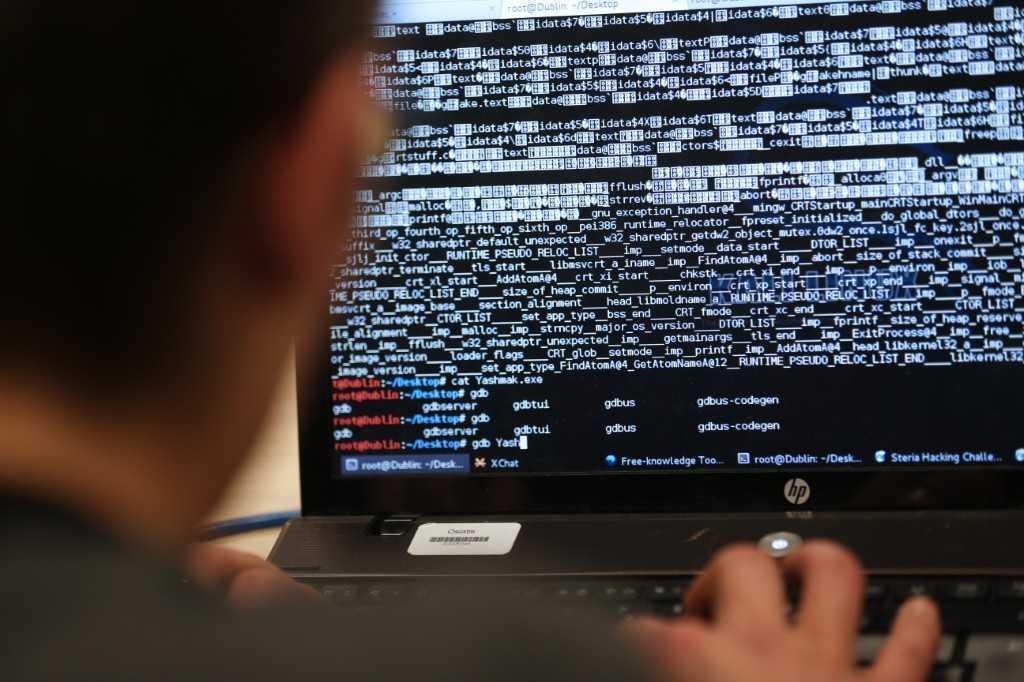North Korean hackers stole US$100 million in recent cryptocurrency heist, analysts say
Lazarus has been blamed for a series of brazen thefts targeting cryptocurrency users and organisations.
Just In
North Korean hackers stole more than US$100 million (about RM462 million) worth of digital currency in a recent heist affecting users of the Atomic Wallet service, cryptocurrency analytics firm Elliptic said Tuesday.
In a blog post, Elliptic said that more than 5,500 digital wallets were hit by the hackers, who the firm said were part of the North Korean cybercrime gang often called Lazarus.
North Korea's mission to the United Nations in New York did not immediately respond to a request for comment, although Pyongyang has in the past denied carrying out digital thefts. Atomic Wallet did not immediately return messages seeking comment.
The company, which says it is based in Estonia, has previously said that it "received reports of wallets being compromised" and that it hired another cryptocurrency analytics firm, Chainalysis, to investigate the incident and track down stolen funds. Chainalysis declined comment.
Lazarus has been blamed for a series of brazen thefts targeting cryptocurrency users and organisations. Elliptic said the one that targeted users of Atomic Wallet was the biggest since the hackers allegedly stole around US$100 million worth of digital coins from a tool developed by the US cryptocurrency firm Harmony last year.
Earlier this year, the United Nations reported that North Korea had stolen more cryptocurrency assets in 2022 than in any other year. International monitors have said that the stolen money has been pumped into North Korea's sanctioned nuclear and missile programs.
The FBI did not immediately respond to a request for comment on the latest theft. Estonian police officials did not immediately respond to an email sent after hours.
Subscribe to our newsletter
To be updated with all the latest news and analyses daily.
